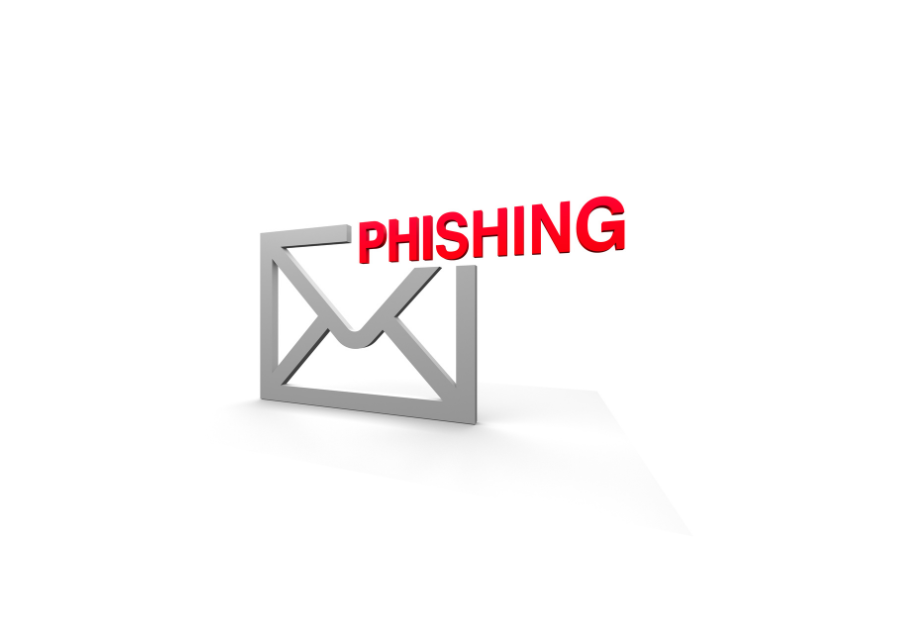Hackers have initiated complex attacks aimed at MailChimp, a leading email marketing service. These attacks utilize advanced phishing methods and social engineering strategies to unlawfully access corporate MailChimp accounts, which could lead to the exposure of sensitive subscriber information and the widespread distribution of harmful content disguised as legitimate communications.
In recent weeks, the frequency of these attacks has surged, with cybercriminals specifically targeting various sectors, including education, marketing, technology, and retail. Once these accounts are compromised, they become effective tools for spreading malware, stealing login credentials, and executing additional social engineering schemes.
The established trust of the brands involved significantly raises the chances that recipients will open and interact with these malicious messages. Researchers at Constella have discovered over 1,200 newly compromised devices containing stolen MailChimp credentials in just a few days. Their findings indicate that these are not old breaches but rather new infections that are actively jeopardizing sensitive accounts.
The geographic spread of attacks is notably concentrated in Brazil, France, and India, with these nations representing a substantial share of compromised MailChimp accounts.
What heightens the concern around these attacks is that access to a MailChimp account grants attackers complete access to subscriber lists and contact details, the capability to send mass emails from a trusted domain, the chance to impersonate credible organizations, and valuable insights into marketing tactics.
This combination creates a robust foundation for launching highly convincing follow-up attacks.
The most troubling aspect of this campaign is the attackers’ ability to bypass multi-factor authentication (MFA) safeguards. Instead of trying to crack login credentials, cybercriminals utilize specialized infostealers such as RedLine, Raccoon, and Lumma, which specifically target authentication cookies saved in browsers.
Once these session cookies are obtained, attackers can impersonate legitimate user sessions, effectively eliminating the need for passwords or second-factor verification. This session hijacking method makes traditional MFA ineffective, as attackers do not activate the authentication process.
The attack often goes unnoticed until suspicious activity is detected, by which point sensitive information may have already been compromised. Organizations using MailChimp should promptly assess account access patterns, enforce session timeout policies, and consider additional endpoint protection to identify infostealer malware before cookies can be stolen.
Also read: Viksit Workforce for a Viksit Bharat
Do Follow: The Mainstream formerly known as CIO News LinkedIn Account | The Mainstream formerly known as CIO News Facebook | The Mainstream formerly known as CIO News Youtube | The Mainstream formerly known as CIO News Twitter
About us:
The Mainstream formerly known as CIO News is a premier platform dedicated to delivering latest news, updates, and insights from the tech industry. With its strong foundation of intellectual property and thought leadership, the platform is well-positioned to stay ahead of the curve and lead conversations about how technology shapes our world. From its early days as CIO News to its rebranding as The Mainstream on November 28, 2024, it has been expanding its global reach, targeting key markets in the Middle East & Africa, ASEAN, the USA, and the UK. The Mainstream is a vision to put technology at the center of every conversation, inspiring professionals and organizations to embrace the future of tech.




